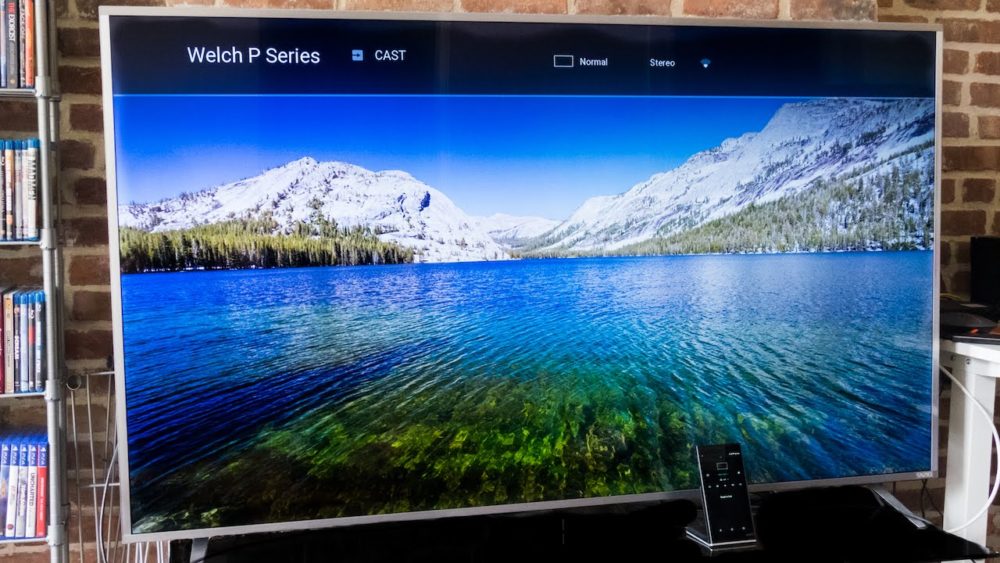
:no_upscale()/cdn.vox-cdn.com/uploads/chorus_asset/file/6227285/vizio2.0.jpg)
There are more than a dozen brands of TV on the market, each offering different models and price points. Brands like TCL, Hisense and Vizio will sell for lower prices, while still providing great quality, if not as many fancy features. Brands like Samsung, LG and Sony deliver top-notch quality across the board, but often at premium prices. Rather, they serve as the operating system for your smart TV, and can influence what apps you have available, what smart home features you can use, and even how you interact with the TV thanks to voice control from the likes of Amazon Alexa and Google Assistant.ĭisplay technology is another big differentiator, as companies like Samsung and LG pour enormous amounts of money into new display panels, higher resolutions and new twists on delivering color, brightness and contract.įinally, the TV brand will also help you determine what sort of price range you'll be working with and what level of quality you can expect. These smart TV software options do more than provide a pretty interface as you choose between Netflix and HBO Max. Others may rely on third-party software, such as Google TV or Roku TV. Major manufacturers may use their own proprietary software, such as Samsung's Tizen operating system, or LG's webOS. Perhaps the single biggest aspect of current smart TVs that manufacturers determine is what software the TV runs on. After reviewing dozens of TVs, we can safely say that's far from true. With so many 4K TVs on the market boasting smart capabilities and listing features like HDR support and gaming modes, it's easy to think that all TVs are pretty much the same. Find out more about how we test, analyze, and rate.

Why you can trust Tom's Guide? Our writers and editors spend hours analyzing and reviewing products, services, and apps to help find what's best for you.


 0 kommentar(er)
0 kommentar(er)
